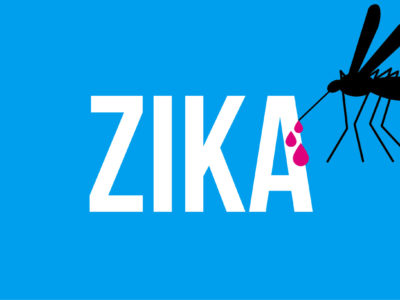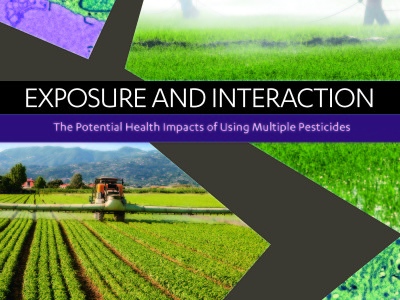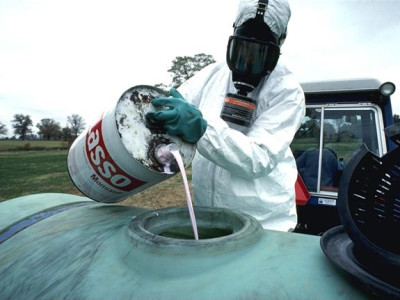Health
Obama’s Remarkable Environmental Achievements
When you look at the whole of his legacy, it’s a stunning record.
When he leaves office in January, President Obama will have compiled a remarkable record of environmental achievements. The record spans everything from climate change to endangered species and ocean protection. We can only hope that next Tuesday’s election doesn’t undo many of these gains. Here is a list, in no particular order, of twenty of …
Continue reading “Obama’s Remarkable Environmental Achievements”
CONTINUE READINGWill EPA Finally Ban Asbestos?
A look at the risks the substance presents, efforts to ban its continued use in the United States, and the role of TSCA reforms
Today millions of people will tune in to watch the first 2016 Presidential Debate. I’m popping the popcorn for what promises to be quite the spectacle! But while the debate takes center stage, other events make today significant as well. Most important for me, September 26th marks the 12th annual Mesothelioma Awareness Day in the …
Continue reading “Will EPA Finally Ban Asbestos?”
CONTINUE READING157 Days. . . And Still, Congress Has Not Acted
The President requested emergency funding to fight Zika on Feb. 22. Now the virus is starting to spread.
This just in from the Washington Post: “Florida officials on Friday announced the first local spread of Zika virus through infected mosquitoes in the continental United States. “Gov. Rick Scott made the announcement during a press conference Friday after a health department investigation into four suspected cases in Miami-Dade and Broward counties.” On Wednesday, the FDA …
Continue reading “157 Days. . . And Still, Congress Has Not Acted”
CONTINUE READINGAnother California Regulatory Agency in Crisis: Southern California’s Air Quality Management District Fires Longtime Executive Officer
Barry Wallerstein’s Ouster from SCAQMD Signals Tilt Away from Protection of Public Health
In a move that shocked the environmental advocacy community and low-income communities of color that suffer most from the impacts of poor air quality in Los Angeles, the governing board of the South Coast Air Quality Management District fired its longtime executive officer Barry Wallerstein today, voting 7-6 in closed session to remove him from …
CONTINUE READINGThe Tricky Problem of Cumulative Exposures
A new UCLA report finds reason to be concerned about cumulative risk, and notes that under CA law regulators are required to act
We are all exposed to hundreds, if not thousands of chemicals through consumer products, air pollution, drinking water, and occupational exposures, just to name a few. Yet chemicals and pollutants are largely assessed and regulated individually. Increasingly, environmental health professionals have been attempting to grapple with assessing the risk of exposure to multiple chemicals. New …
Continue reading “The Tricky Problem of Cumulative Exposures”
CONTINUE READINGThe Flint Lead Crisis
Three Interesting Notes About Lead Regulation and Exposure
At this point, you would need to be a hermit to have missed the news coverage of elevated levels of lead in the drinking water in Flint, MI. (Although even that might not be a valid excuse given an ancient, anonymous Roman hermit described lead poisoning). The short version is: in April 2014 a cash …
Continue reading “The Flint Lead Crisis”
CONTINUE READINGHow do we move past the yuck factor in potable water reuse?
This post draws on two recently published articles (here and here) by an international group of collaborators: Christian Binz, Sasha Harris-Lovett, Bernhard Truffer, David Sedlak, and myself, courtesy of the ReNUWIt program. Potable water reuse is increasingly seen as a potential way to help ease urban water supply challenges. Potable reuse is as it sounds …
Continue reading “How do we move past the yuck factor in potable water reuse?”
CONTINUE READINGHappy World Toilet Day!
For Billions of People, Sanitary Facilities Are No Laughing Matter
It may seem silly to observe World Toilet Day, but as the motto of the World Toilet Organization (which was founded on November 19, 2001) reads: it’s no joke. Literally billions of people lack proper toilet facilities, and it can have severe impacts. Consider this recent testimony from a woman who grew up without one: To …
Continue reading “Happy World Toilet Day!”
CONTINUE READINGThe Ninth Circuit Takes EPA to Task (Twice)
EPA’s pesticide registration efforts trigger forceful response
Judge McKeown of the 9th Circuit Court of Appeals recently wrote of the EPA, “Although filibustering may be a venerable tradition in the United States Senate, it is frowned upon in administrative agencies tasked with protecting human health.” Yikes. What did the EPA do to elicit such a reaction from a federal judge? The short …
Continue reading “The Ninth Circuit Takes EPA to Task (Twice)”
CONTINUE READINGDuPont Found Liable In First of 3,500 Lawsuits
Chemical Used in Teflon Linked to Numerous Health Problems, but its Use is Still Legal Under TSCA
Yesterday, a jury in the Southern District of Ohio found DuPont liable for a woman’s kidney cancer in the first of 3,500 suits the company faces. The cases all stem from DuPont’s use and disposal of perflourooctanoic acid (PFOA) or C8. The chemical is used to make Teflon, among other things, and the most recent …
Continue reading “DuPont Found Liable In First of 3,500 Lawsuits”
CONTINUE READING












